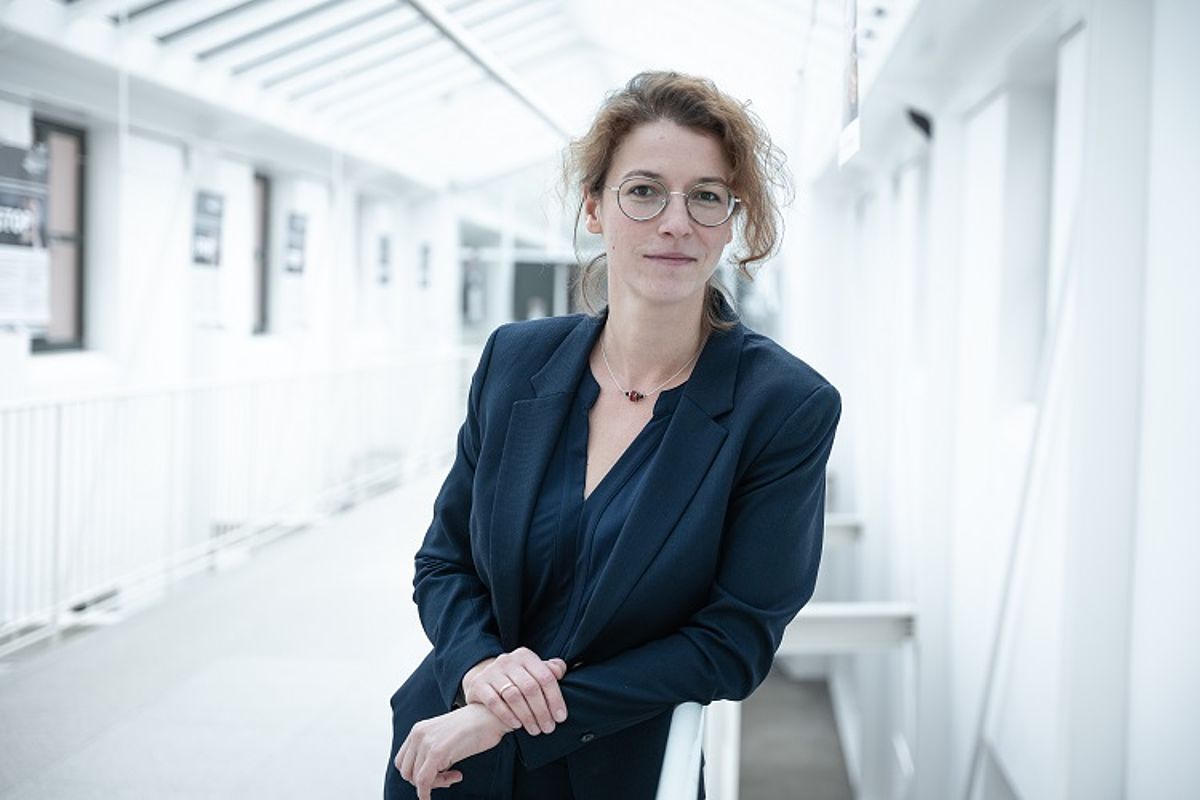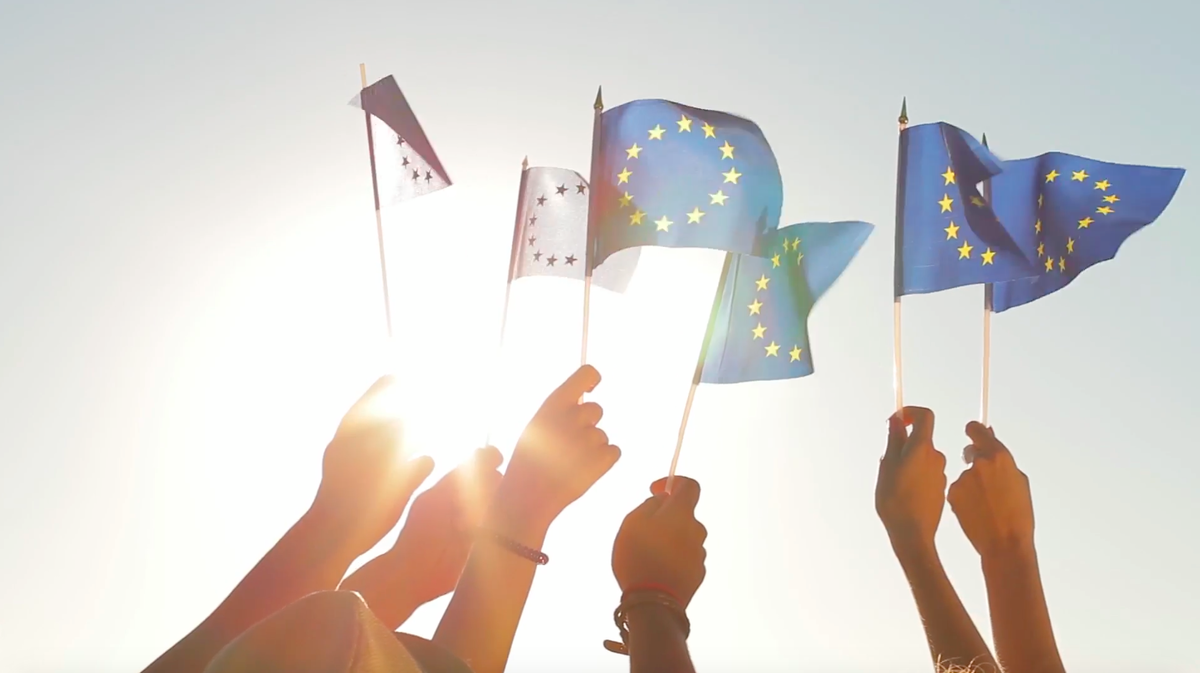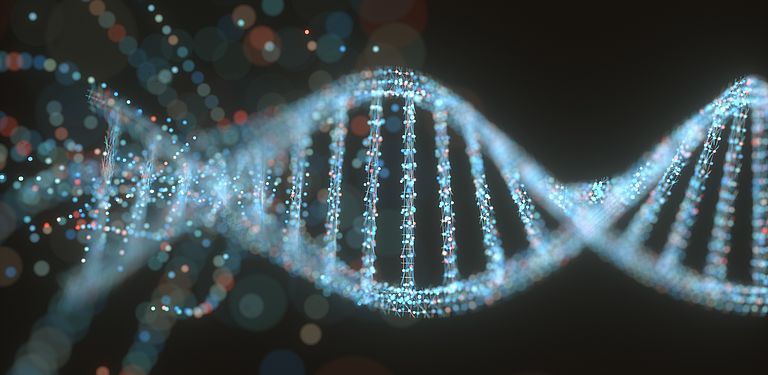Photo: University of Passau
What is applied ethics concerned with?
The aim of my research is to bring together historical and systematic perspectives. I’m interested in finding out how historical philosophical resources can be made fruitful for the numerous problems of our time in order to develop robust solutions. Applied ethics mediates between fundamental ethics and specific case types.
What are your main research interests?
I have three main research interests: Firstly, migration ethics, which deals with questions such as what ethical and moral issues are raised by cross-border mass migration and how we can deal with them. People have always travelled and crossed borders, and the topic has always been examined from a philosophical standpoint. We can make use of this knowledge.
Second, digitalisation and AI: Right now, I am particularly interested in questions of trust and trustworthiness. Is trust a good term to describe our relationship with these technologies? When should we trust? Should we trust at all?
Third, I’m looking at the topic of heroism. What does that mean in today’s context? Do we still need it? We are confronted with many situations today that pose such great challenges to us that it is extraordinary when someone manages to do the right thing – precisely because moral behaviour is difficult.
About Professor Reinhardt
Professor Karoline Reinhardt joined the University in winter semester 2022-23 as Tenure-Track Professor of Applied Ethics. Prior to this, she worked at the University of Tübingen and Tulane University, New Orleans (USA). Her research interests are ethics of digitalisation and AI as well as migration ethics. She is a member of the University Research Ethics Committee of the University of Passau and of the Young Academy of the Heidelberg Academy of Sciences and Humanities. In October 2023, she was nominated for the Kant-Nachwuchspreis (Kant young talent award) of the Kant-Gesellschaft and Fondazione Silvestro Marcucci.
These are all very topical issues...
The particular relevance of ethics often becomes especially apparent when we find ourselves in a situation of crisis, when some new phenomenon emerges, when traditions fade and authorities experience a loss of trust. Then we reconsider what is right and what is wrong, what is just and what unjust. The emerging field of artificial intelligence is a good example for this.
Does science have a responsibility to explain and inform more?
Science communication is very important to me personally. But I’d also say communication is a two-way process. Ethics must also address issues that are currently present in society. For example, there’s a great deal of interest from the general population in AI: How and to what extent should we use the possibilities AI offers? Is it always reasonable to use AI, or are there situations where it would be better to avoid it? These questions are about justification – not only for people’s actions, but also for the technologies themselves.
Ten universities from nine nations are currently pursuing a common goal: as part of a European University Network (EUN) entitled "REform: Responsible Innovation & Transformation for Europe - a new transformative European University Alliance", a network for teaching, research and transfer is to be created that takes ethical aspects into account (Interview on the topic). Researchers from Passau will contribute expertise on questions of responsible innovation and ethics across disciplines and faculties. To the topic page.










